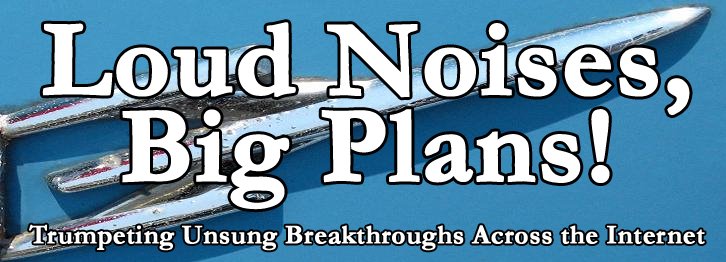I don't think this study will change much in the long run, but it turns out that we might not properly understand what drives the commercial fishing industry. The currently accepted theory is that fishermen use a "top down" approach, starting with predators at the top of the food chain (notably tuna and halibut). Once fishing reduces their population and catches dwindle, fishermen move further down the food chain pulling in the fish those predators used to eat until those numbers dwindle, and so on.
According to the University of Washington, it turns out that our motivations may be more economic than evolutionary. Commercial fisheries are (understandably) motivated to catch whatever fish is the most profitable. This means that governments can influence conservation efforts and maintain sustainable levels of fishing by setting price controls on seafood.
Will it work, though? I'm pessimistic. Governments are going to be motivated by what is politically popular, and I don't think it would be possible to arrange for the kind of national cooperation required to have a lasting effect on ocean populations. We should all cultivate a taste for jellyfish, since they're the only thing that has managed to thrive thanks to our efforts.






No comments:
Post a Comment